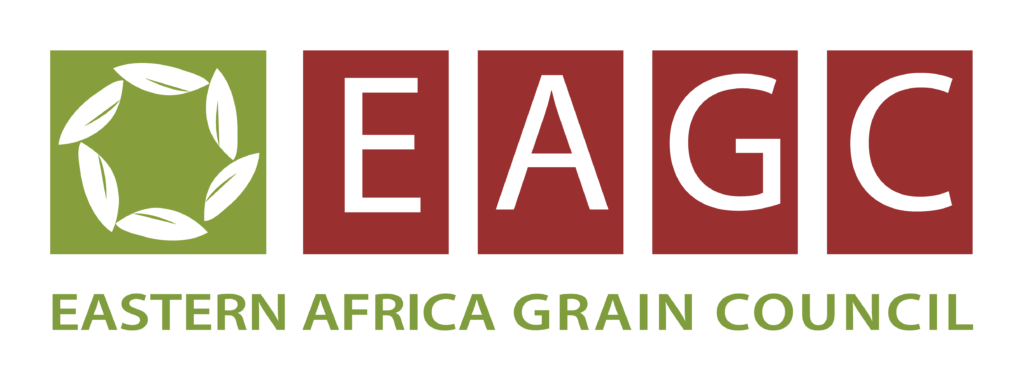Over the years, Eastern Africa Grain Council (EAGC) has been at the forefront of promoting and facilitating efficient, structured, inclusive sustainable and profitable grain trade across the Eastern Africa region, fostering coordinated growth in each segment of the grain value chain. Through its initiatives and in partnership with The Confederation of Danish Industries EAGC has aimed to empower its members and drive positive change in the agricultural sector.
Central to EAGC’s vision is its commitment to being the leading voice of the grain industry in Africa. A key strategy in realizing this vision is targeting farmers, who form the backbone of the grain value chain, and organizing them into G-Hubs (Grain Trade Business Hubs). These hubs aim to transform aggregation centers into commercially viable trade units, offering grain trade-related services in a sustainable manner.
One notable success story illustrating EAGC’s impact is the Cheptarit Star Women Group, which, since its establishment in 2014 with 20 members and 50 bags of produce, has flourished under EAGC’s guidance. Today, the group boasts an annual turnover of 3 million Kenyan shillings and a production of 2,000 metric tons per year, despite facing challenges such as limited land access and financial constraints. EAGC’s support has enabled the group to access new markets, including partnerships with organizations like Mary’s Meal International for school feeding programs, leading to significant expansion in their operations.
Looking ahead, the group plans to construct a warehouse on their land to further enhance grain production and address demand challenges, showcasing their dedication to growth and sustainability. Additionally, EAGC collaborates with its members, such as Cimbria East Africa Limited, to improve grain management systems, ensuring smooth operations for entities like the National Cereals and Produce Board (NCPB).
During a recent visit to Eldoret, Mr. Gilbert Rotich, the Regional Manager of NCPB North Rift Office, emphasized the importance of continued maintenance and potential upgrades to optimize operational efficiency. Partnership opportunities with organizations like Danish Industries could provide crucial financial support for equipment replacement and infrastructure upgrading, furthering sustainable solutions for post-harvest grain management.
Through collaborative efforts with industry stakeholders, governmental and non-governmental organizations, EAGC remains committed to enhancing food security and sustainability in the communities it serves. By transforming the agricultural landscape in the region, EAGC contributes significantly to economic development and improved livelihoods across Eastern Africa.

